When Nature Calls: Sanitation Considerations During Hurricanes
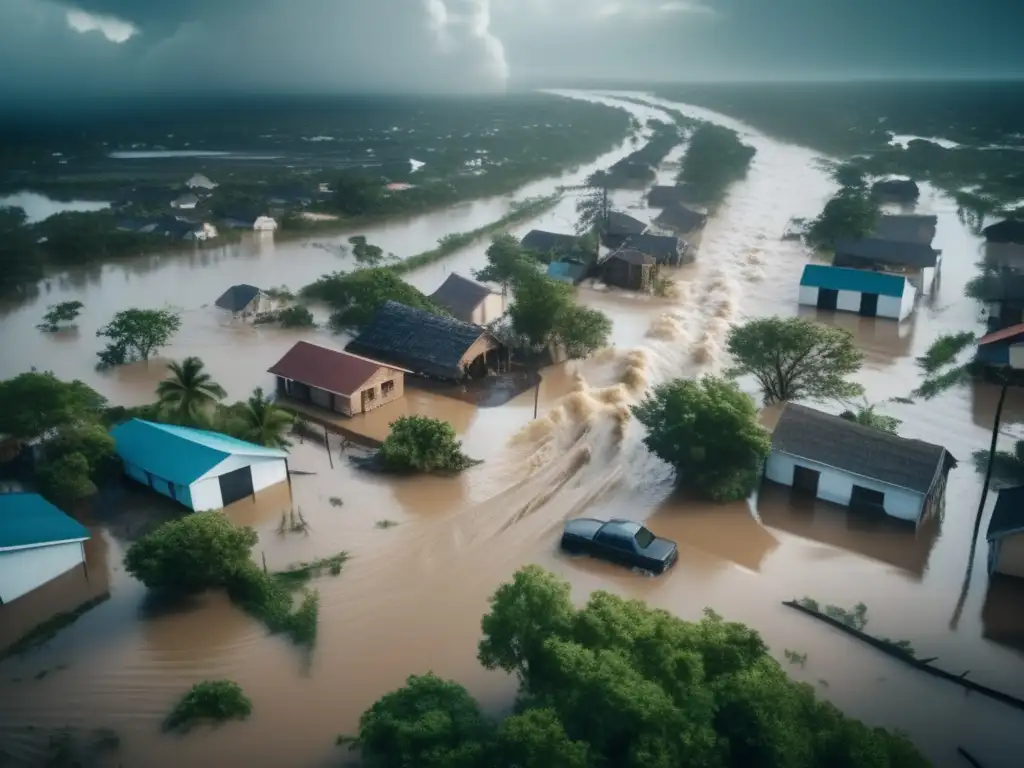
When Nature Calls: Sanitation Considerations During Hurricanes
Introduction
When a hurricane hits, it can cause extensive damage to homes, infrastructure, and utilities, including the sewer systems. This damage can result in unsanitary conditions if individuals do not take proper precautions when using the bathroom. Having access to clean water and proper sanitation becomes even more critical during and after a hurricane. In this article, we will explore sanitation considerations individuals should keep in mind before, during, and after a hurricane.
Preparing for the Hurricane
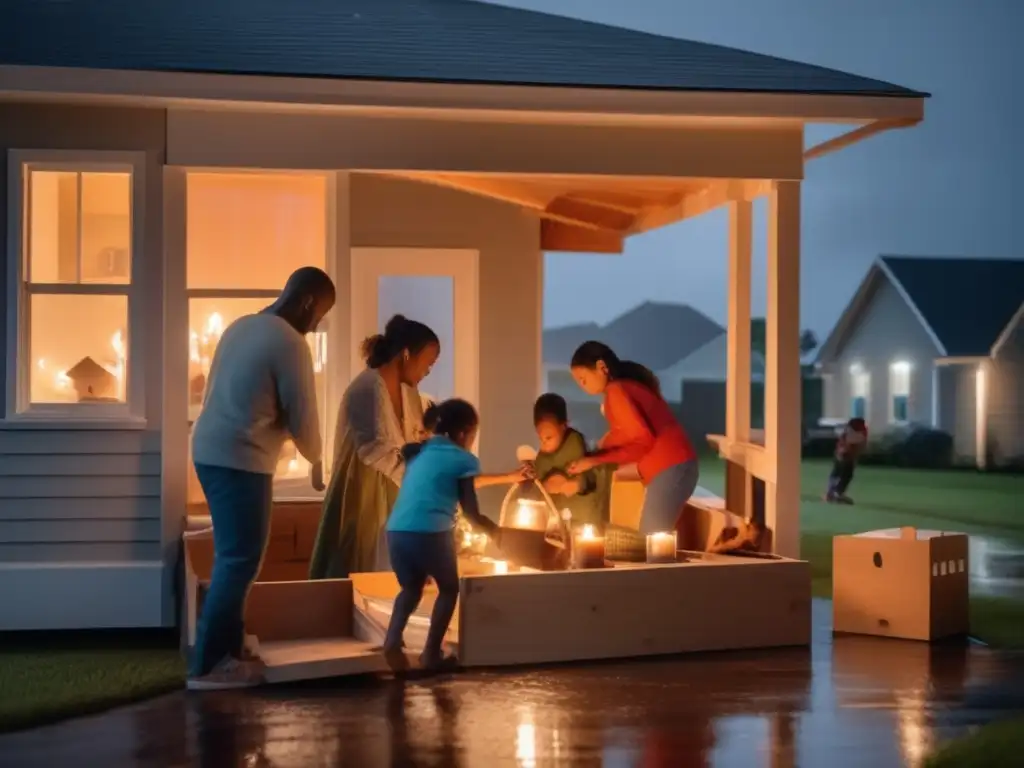
Gather Supplies
Before the hurricane hits, it is essential to gather enough supplies to last several days without access to water or electricity. It would be wise to have enough bottled water for each member of the household to drink and use for hygiene purposes like brushing teeth. Purchase several containers or jugs of water that can be used for flushing the toilet if the water supply is cut off. Non-perishable food, baby wipes, paper towels, hand sanitizer, and disinfectant sprays are also crucial in case the toilet cannot be used.
Create an Emergency Bathroom
If possible, create an emergency bathroom by setting up a portable toilet or bucket in a spare room or garage. Lay a trash bag at the bottom of the bucket to catch waste, and sprinkle sawdust or kitty litter over the waste after each use to help control odor. When the bucket is around two-thirds full, tie the trash bag and double-bag it for disposal.
Protect Your Septic System
If you have a septic system, there are several steps to take to protect it during and after the hurricane. First, reduce water usage as much as possible to prevent the tank from overflowing. Avoid flushing anything besides human waste and toilet paper, as other products can clog the system. After the hurricane passes, check the tank for damage and have it pumped if necessary.
During the Hurricane
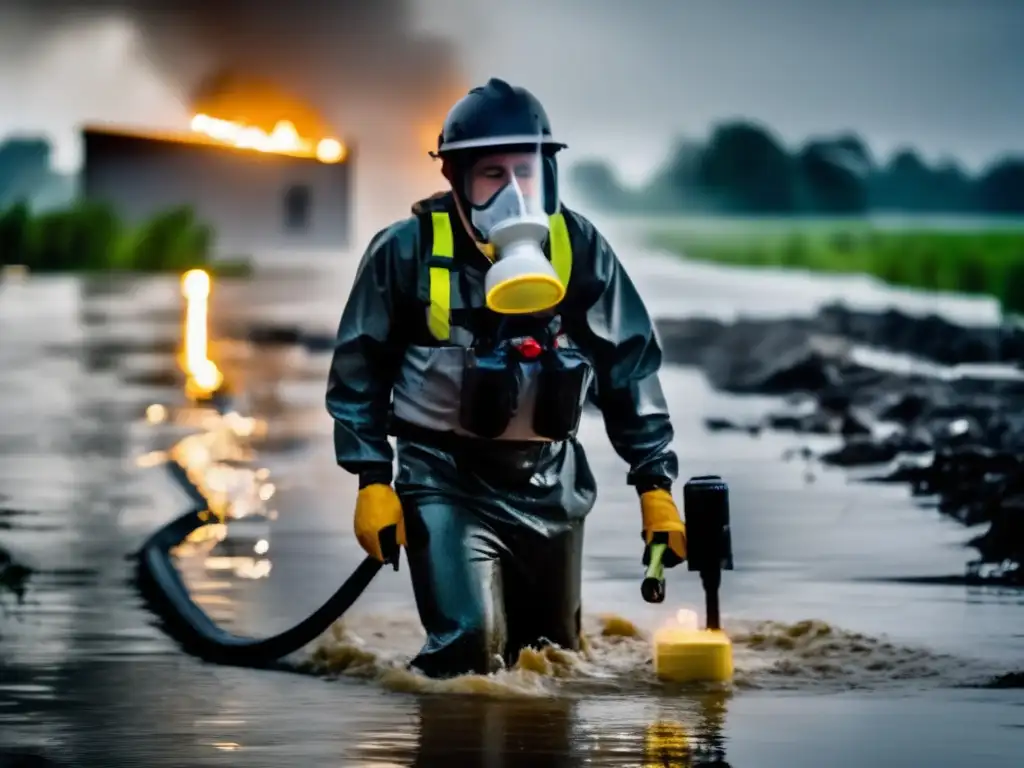
Use the Toilet Sparingly
If possible, it would be best to avoid using the toilet during the hurricane, as it can cause a backup in the sewer system. Flushing the toilet could also send contaminated water back up into your home. If it is necessary to use the toilet, flush less frequently and only when necessary.
Be Mindful of Your Surroundings
If you are in an area affected by flooding, do not stand in contaminated water or walk through it without proper protective gear. Floodwater can contain bacteria, viruses, chemicals, and fecal matter. Do not let children play in floodwater or allow them to touch their faces or mouths.
Keep Hands Clean
Keeping hands clean is critical during and after a hurricane, as it can help prevent the spread of disease. Wash hands with soap and clean water after using the bathroom, touching contaminated surfaces, or touching floodwater. If running water is unavailable, use hand sanitizer that contains at least 60% alcohol.
After the Hurricane
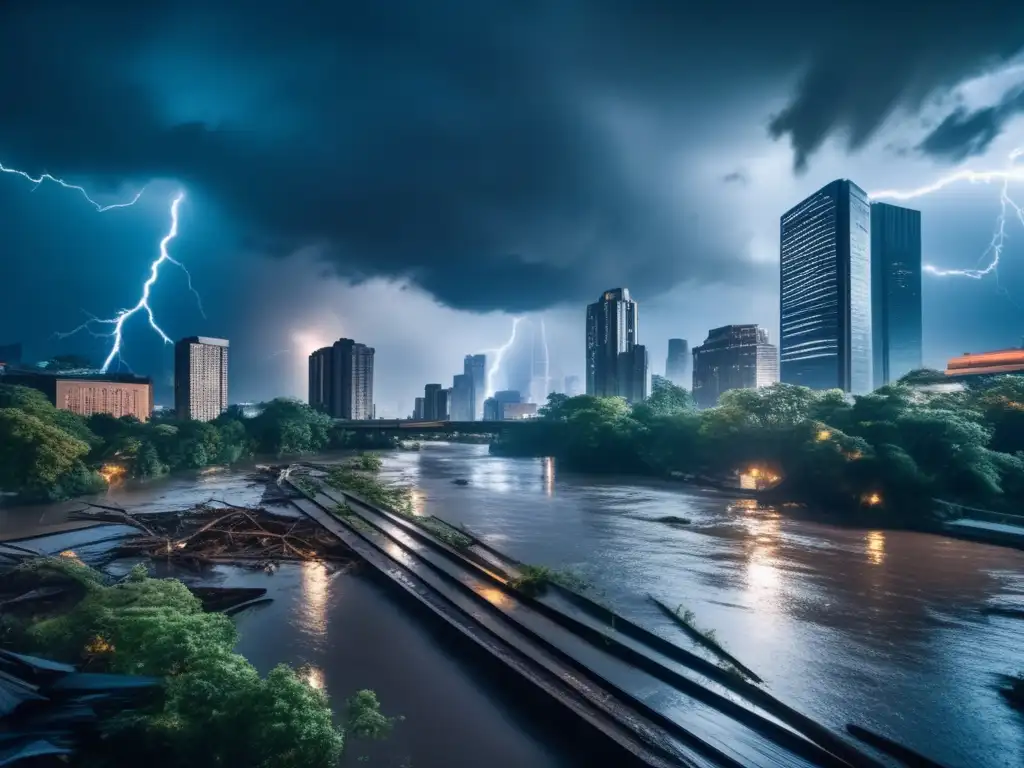
Inspect Your Home
After the storm, thoroughly inspect your home for damage, including the plumbing system. Check for leaks or clogs in the pipes and make sure the toilet is functioning correctly. If there is damage to the septic system, call a professional for repairs.
Avoid Contaminated Water
Do not drink or use water from a private well until it has been tested for contamination. If you suspect the water may be contaminated, use bottled water or boil water before use. Follow instructions from local authorities and health officials for treating water.
Dispose of Waste Properly
Dispose of all waste properly, including human waste. If using a bucket or portable toilet, double-bag and seal waste for proper disposal. Avoid dumping waste in the street or near bodies of water, as it could contaminate the environment and cause health hazards.
Frequently Asked Questions
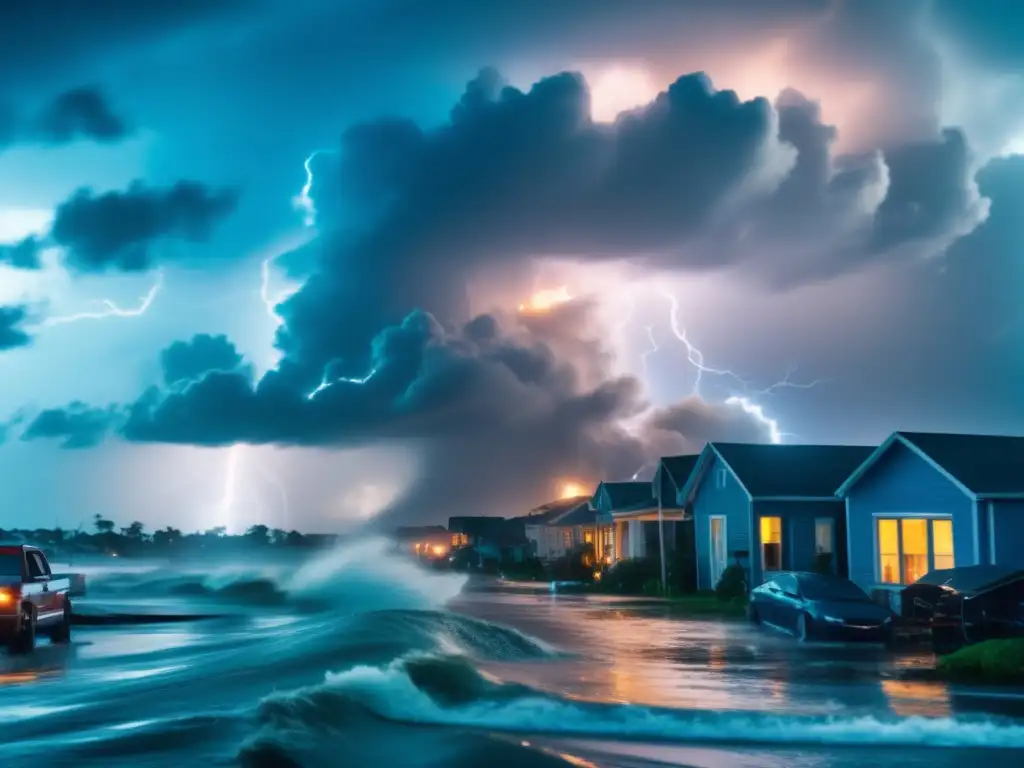
-
What Should I Do If the Water Supply is Interrupted?
Stock up on bottled water and fill containers with tap water for hygiene purposes. Use a portable toilet or set up an emergency bathroom with a bucket and trash bags.
-
Is It Safe to Use Floodwater to Flush the Toilet?
No. Floodwater can contain bacteria, viruses, and chemicals that can pose health hazards. Only use water that has been deemed safe for consumption and hygiene purposes.
-
Can I Flush Anything Besides Toilet Paper and Human Waste?
No. Only flush toilet paper and human waste to avoid clogging the plumbing system.
-
How Can I Tell If My Private Well Water is Safe to Drink?
Have the water tested by a professional before consuming it. Avoid drinking or using well water until it has been confirmed safe for use.
-
Are Portable Toilets Safe to Use During a Hurricane?
Yes, but it is essential to dispose of waste properly. Double-bag and seal waste for proper disposal.
Conclusion
Proper sanitation is crucial during and after a hurricane to prevent the spread of disease and maintain hygienic conditions. It is essential to be prepared with enough supplies and to take proper precautions when using the bathroom or disposing of waste. Individuals living in hurricane-prone areas should be aware of sanitation considerations and prioritize hygiene to maintain their health and safety. By following these guidelines and staying informed, individuals can stay safe and healthy during and after a hurricane.
We hope this article has been insightful and informative. Please share your thoughts in the comments section below, and don't forget to subscribe to HurricaneInsider.org for more valuable information on hurricanes. Stay safe!
Additional Resources
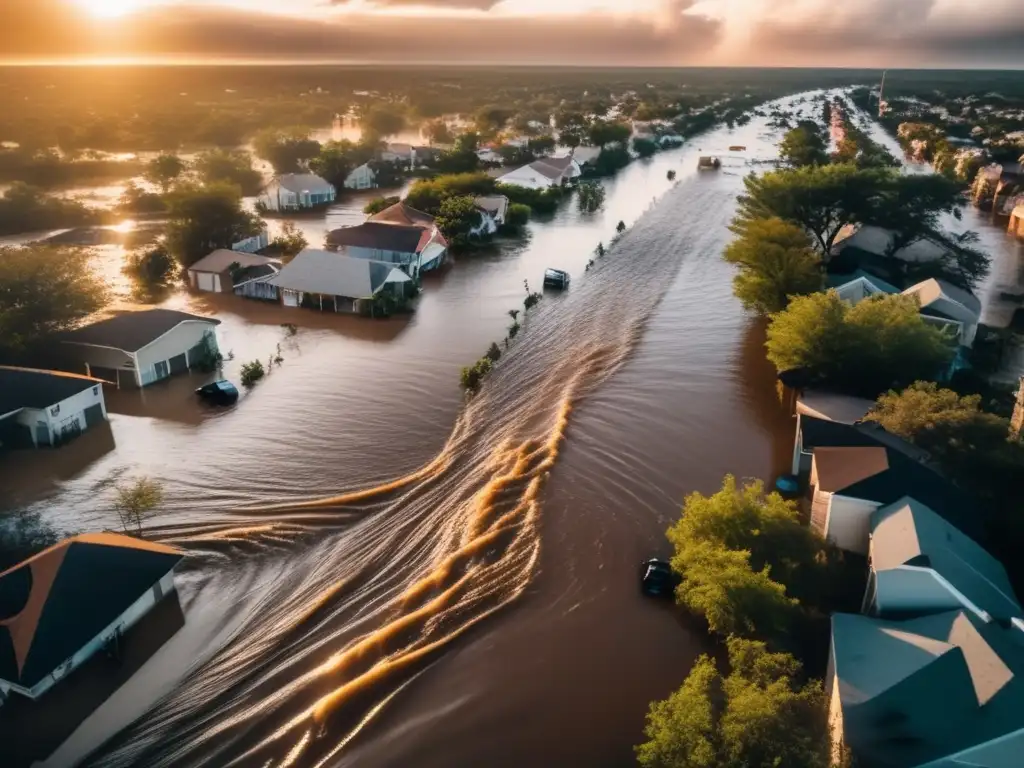
For additional information on how to prepare for a hurricane and ensure your safety, visit the following resources:
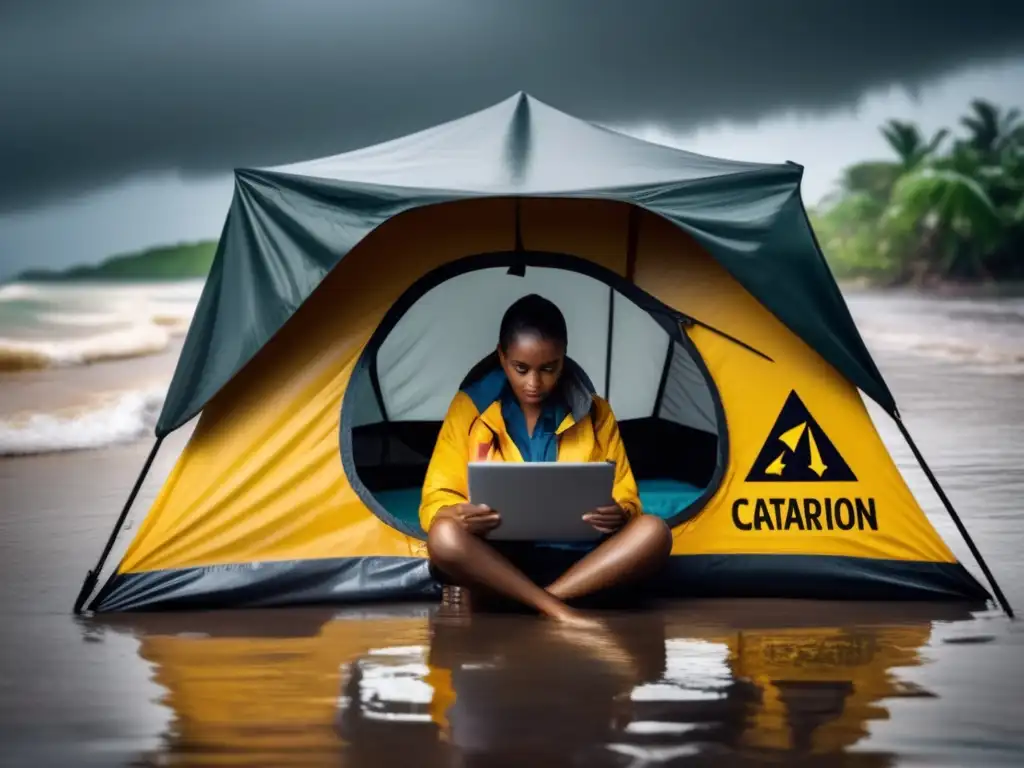 Hurricane Safety For Freelancers And Digital Nomads
Hurricane Safety For Freelancers And Digital Nomads Antiseptic Wipes
Antiseptic Wipes Beyond The Basics: Advanced Hurricane Preparedness Techniques
Beyond The Basics: Advanced Hurricane Preparedness TechniquesIf you want to discover more articles similar to When Nature Calls: Sanitation Considerations During Hurricanes, you can visit the Hurricane preparedness: category.
Leave a Reply

Articulos relacionados: